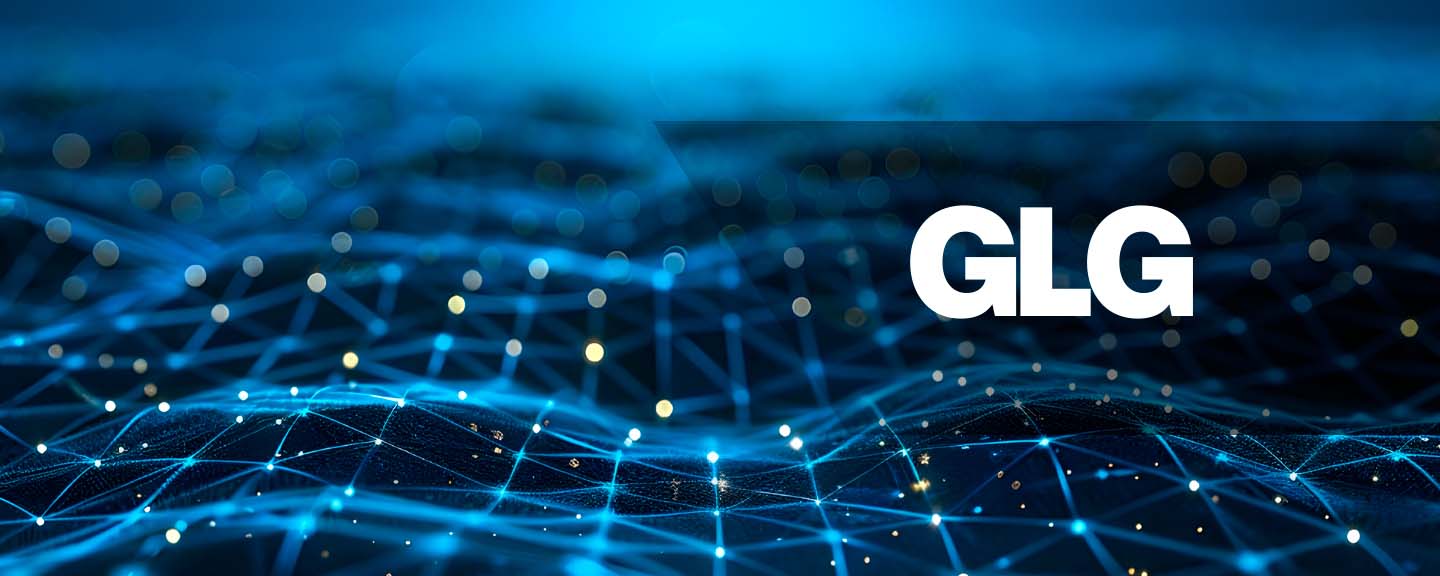 Market insights
How to Choose Experts Wisely: Vetting Criteria for High-Stakes Calls
Market insights
How to Choose Experts Wisely: Vetting Criteria for High-Stakes Calls
Expert networks are platforms that allow businesses to connect with professionals who have the skills and/or experience in a given field and can provide specialized insights and advice.
These platforms first burst onto the scene some twenty years ago and still play a relatively new phenomenon in the legal industry. As such, experts come from all sectors of the economy, including finance, medicine, and technology, and they are increasingly being sought out in order to provide their expertise related to legal cases. This is because expert networks may play a decisive role in the way that attorneys build their cases and prepare for litigation in court.
For example, lawyers and legal firms are turning to expert networks to find and speak with individuals who have expert knowledge and/or relevant experience to a given case*. Thus, experts consulted for legal purposes can provide insights and opinions on a wide range of subjects, including scientific data, industry practices, and financial activities.
*Disclaimer: Please note that this article is for informational purposes only and should not be construed as legal advice. It is recommended that you consult with a licensed attorney before making any legal decisions.
Useful read: Using Expert Networks for Competitive Intelligence: Strategies and Best Practices
The Benefits of Using Expert Networks in Legal Cases
There are numerous reasons why law firms would reach out to an expert network, but perhaps its most significant advantage is the ability to quickly and accurately find and speak with people who have relevant information about a company, industry sector, and/or case.
Well-placed experts can provide invaluable insights to attorneys working to build a case, and it is by leveraging the expertise of these professionals that lawyers can get a better understanding of sometimes complex issues as well as developing more effective litigation strategies.
As well as providing lawyers with access to individuals with specialized knowledge, experience, and insights, expert networks also now help law firms save time and money when preparing for cases. Traditional methods of finding and arranging the time to meet with experts can be expensive and time-consuming, but expert networks have a ready pool of pre-vetted individuals who are on standby, reading for consultations on an as-needed basis.
It is by taking advantage of the convenience of a large pool of experts with potentially relevant experience and insights that law firms can save time and money while also increasing their chances of success in a given case.
Useful read: Expert Networks and Knowledge Management: Strategies for Leveraging External Expertise
The Limitations of Using Expert Networks in Legal Cases
Although there are many beneficial applications of using expert networks to research or prepare for litigation, there are also some important limitations to be aware of.
1. One of the biggest concerns for legal firms using expert networks is the potential for conflicts of interest and/or bias.
Expert networks are paid for every expert that they deliver to a client, which can lead to a risk that the expert network is being influenced by a financial interest and/or the interests of their clients.
2. Another important consideration when using an expert network to help build a legal case is that the quality of the insights and advice provided by the experts may be put to the question, either because different people can offer differing levels of quality in their input or because of hidden conflicts of interest, such as simultaneously working for a competitor, that could put the validity of their opinions into question.
3. Another limitation to expert networks is the challenge for legal firms that comes with having to organize and coordinate communications with multiple experts. In many cases, legal firms reach out to experts due to the complexity of the issues under adjudication, meaning that lawyers may have to speak to multiple experts in order to gain a fuller understanding of the legal issues at play, and organizing and evaluating the advice received from multiple experts can be a challenge.
4. Lastly, the use of expert networks is challenging the traditional role that expert witnesses played in the legal system. Previously, it was general custom for law firms to put forth a single expert witness to testify on a given topic or issue, but having access to multiple experts can lead to greater challenges in presenting and building a unified and cohesive case, especially when there are points of disagreement or conflicting opinions given by the consulted experts.
Best Practices for Using Expert Networks in Legal Cases
In order to best mitigate the limitations of expert networks while taking advantage of the benefits that they can provide, it is essential for lawyers to adopt a series of best practices when working with experts.
One key strategy for maximizing the benefits of an expert network to build a legal case is to develop and implement objective criteria for assessing a given expert’s qualifications, expertise, and opinions.
Law firms should also be fully aware ahead of time about any potential ethical issues or conflicts of interest when interacting with expert networks, including the potential of receiving biased or unreliable information.
However, by adhering to a strict system of best practices and being vigilant in their interactions with all the experts consulted, legal professionals can best leverage the benefits of using an expert network while minimizing potential risks and downsides.
* Disclaimer: Please note that this article is for informational purposes only and should not be construed as legal advice. It is recommended that you consult with a licensed attorney before making any legal decisions.



